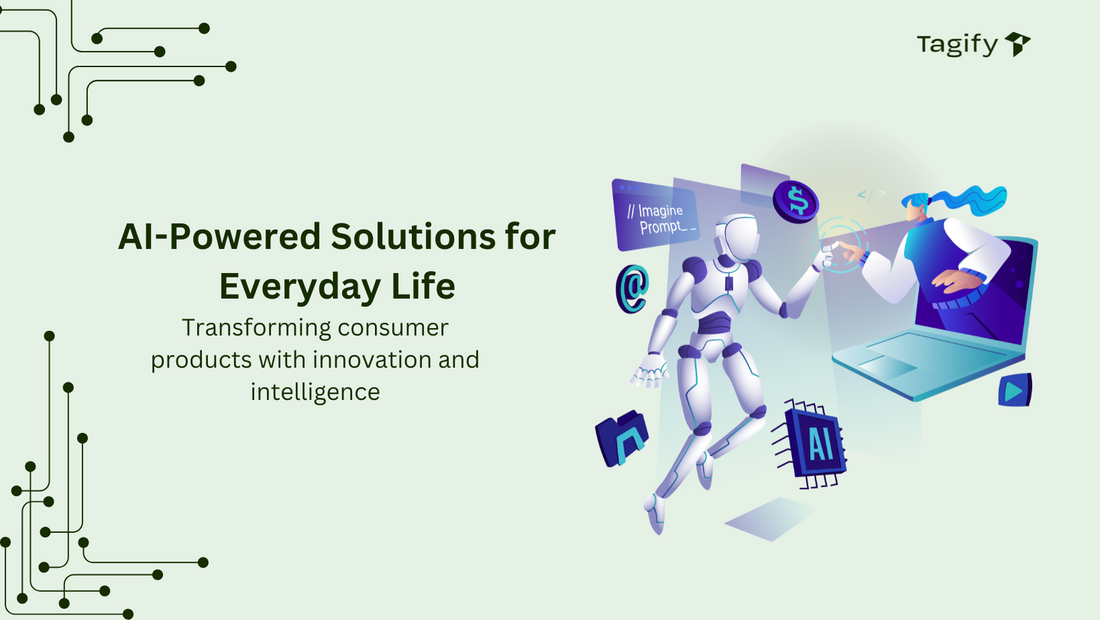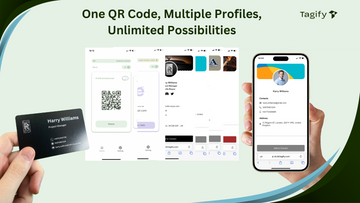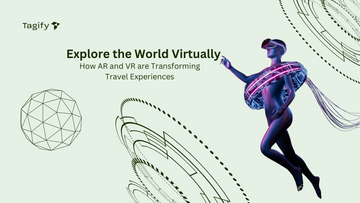AI in Everyday Life

Contents
- 1- AI in Smart Devices: Making Homes Smarter
- 2- Personalised Wearables: AI on the Go
- 3- AI in Entertainment: Smarter Content Recommendations
- 4- AI-Powered Customer Service: More Efficient Support
- 5- AI in Mobile Applications: Everyday Assistance
- 6- The Role of Fine-Tuning in AI’s Consumer Impact
- 7- AI for a Sustainable Future
- 8- Conclusion: The Ever-Growing Impact of AI
Artificial Intelligence in Everyday Life: How AI is Transforming Consumer Products
Artificial Intelligence (AI) has seamlessly integrated into our daily lives, transforming how we interact with technology and making everyday tasks more efficient and personalised. From the smart devices we use at home to wearable tech and apps on our phones, AI’s influence is profound and ever-growing. One critical concept that is driving this evolution is fine-tuning, which enhances AI models to better meet specific needs, leading to improved outcomes across various consumer products. Here’s how AI and fine-tuning are reshaping our world.
AI in Smart Devices: Making Homes Smarter
AI-powered smart devices have become a cornerstone of modern homes. Smart assistants like Amazon Alexa, Google Assistant, and Apple’s Siri use AI to understand and respond to voice commands, manage schedules, and control connected devices. AI fine-tuning in these devices ensures they learn from user interactions to provide more personalised and accurate responses over time.
For example, a smart thermostat like Nest uses fine-tuned algorithms to adapt to your daily routine, adjusting heating and cooling settings automatically. This not only enhances comfort but also optimises energy consumption, saving money and reducing environmental impact.
Personalised Wearables: AI on the Go
Wearable technology, such as smartwatches and fitness trackers, leverages AI to provide real-time health insights. Devices like the Apple Watch and Fitbit monitor heart rate, activity levels, and sleep patterns, offering personalised health advice.
Fine-tuning plays a crucial role here as well. The AI models within these devices are trained to understand an individual’s unique health patterns, ensuring more accurate measurements and tailored recommendations. For instance, your smartwatch can learn when your activity levels are declining and prompt you to move or exercise, improving your overall health and fitness routine.
AI in Entertainment: Smarter Content Recommendations
Platforms like Netflix, Spotify, and YouTube use AI to recommend content based on user preferences. These systems rely on fine-tuned AI models that continuously learn from your viewing, listening, or browsing history to suggest content you’re most likely to enjoy.
Fine-tuning enhances these algorithms, allowing them to adapt to evolving preferences. For example, if you suddenly develop an interest in documentaries, the AI can quickly adjust its recommendations to include similar content, making entertainment experiences more engaging and personalised.
AI-Powered Customer Service: More Efficient Support
Many businesses now use AI-powered chatbots and virtual assistants for customer support. These tools can handle queries 24/7, providing instant and accurate responses to common questions. Fine-tuning these AI models ensures they understand context and respond with greater accuracy, enhancing customer satisfaction.
For instance, when interacting with a chatbot on an e-commerce platform, fine-tuned AI can not only answer your query but also predict follow-up questions, offering a smoother and more efficient support experience.
AI in Mobile Applications: Everyday Assistance
Mobile apps powered by AI are revolutionising how we manage our lives. Apps like Google Lens use AI to recognise objects, translate text, and even identify plants and animals. AI fine-tuning improves the accuracy of these applications, making them indispensable tools for everyday tasks.
Additionally, language learning apps like Duolingo utilise AI to tailor lessons to your progress and learning style. Fine-tuned models ensure the app adjusts difficulty levels and provides feedback that aligns with your personal goals.
The Role of Fine-Tuning in AI’s Consumer Impact
Fine-tuning is a process that trains AI models on specific datasets to optimise their performance for particular applications. While pre-trained models provide general capabilities, fine-tuning customises them to deliver better results for unique use cases.
How Fine-Tuning Works
Fine-tuning involves taking a pre-trained AI model and retraining it with additional data to specialise it for a specific purpose. For example:
- Smart Assistants: Fine-tuning enables devices like Alexa to recognise regional accents and local terminology, improving user experience.
- Healthcare Devices: Fine-tuned AI in wearable tech can detect specific health conditions, like irregular heartbeats, with higher accuracy.
- Retail Chatbots: Fine-tuned customer service bots understand industry-specific jargon, providing more relevant responses.
Why Fine-Tuning Matters
By fine-tuning AI models, consumer products can become more adaptive and precise. This not only improves the user experience but also builds trust in the technology. Whether it’s predicting what you’ll want to watch next or alerting you to potential health issues, fine-tuning makes AI smarter, more relevant, and more impactful.
AI for a Sustainable Future
AI and fine-tuning are not just making life more convenient; they’re also contributing to sustainability. Smart home devices optimise energy usage, reducing waste. AI-powered apps encourage greener choices by promoting energy-efficient products or reducing food waste through meal-planning recommendations. Fine-tuned AI ensures these solutions are effective and user-friendly.
Conclusion: The Ever-Growing Impact of AI
Artificial Intelligence, powered by fine-tuning, is transforming consumer products in ways that were once unimaginable. From personalised recommendations to smarter homes and wearable tech, AI is enhancing how we live, work, and play. Fine-tuning ensures these technologies deliver the accuracy and relevance that users expect, creating experiences that feel truly personal.
As AI continues to evolve, the possibilities are limitless. Whether it’s through smarter devices, more efficient customer support, or life-saving health tech, AI and fine-tuning are shaping a future where technology meets individual needs like never before.
With its ability to adapt and improve, AI is not just a tool—it’s becoming an essential part of our daily lives.









